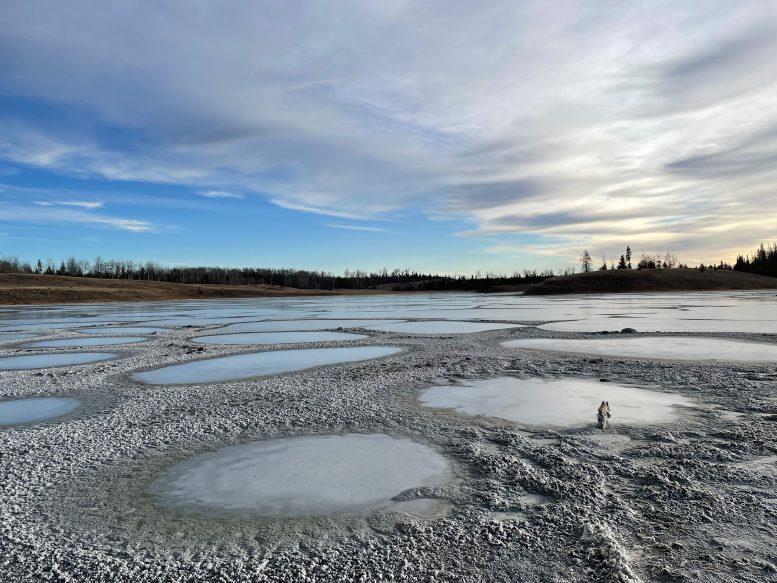
Last Chance Lake in British Columbia, Canada is a modern analog for soda lakes that may have supported the emergence of cells on the early Earth. Credit: Zachary R. Cohen
A study suggests that soda lakes, characterized by high levels of dissolved sodium and carbonate, might have provided the right conditions for the first cells. These early cells may have been composed of RNA inside lipid membranes.
But RNA function requires divalent cations such as Mg2+, which disrupt primitive membranes made of fatty acids. The question arises whether the relatively low concentrations of Mg2+ found in soda lakes may have allowed both RNA and membranes to function together.
Exploring the Viability of Early Life in Soda Lakes
To explore this possibility, Zachary Cohen and colleagues collected water from Last Chance Lake and Goodenough Lake in Canada after seasonal evaporation. These soda lakes each contained ~1 M Na+ and ~1 mM Mg2+ at pH 10.
The authors found that spontaneous extension of short RNA primers occurred in lake water at a rate comparable to the rates in standard laboratory conditions. The authors added fatty acids, which could have been available on the early Earth, to the lake water to see if the molecules would assemble into membranes.
Findings and Implications
The membranes formed in dilute water that simulates a rainfall event, and the membranes persisted even when surrounded by concentrated lake water from the dry season.
According to the authors, soda lakes on the early Earth could have supported key features of protocell development, with RNA copying and ribozyme activity taking place in the dry season and vesicle formation occurring during the wet season.
Reference: “Natural soda lakes provide compatible conditions for RNA and membrane function that could have enabled the origin of life” by Zachary R Cohen, Dian Ding, Lijun Zhou, Saurja DasGupta, Sebastian Haas, Kimberly P Sinclair, Zoe R Todd, Roy A Black, Jack W Szostak and David C Catling, 19 March 2024, PNAS Nexus.
DOI: 10.1093/pnasnexus/pgae084


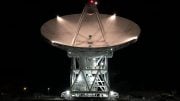

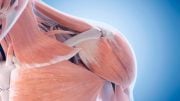
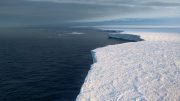
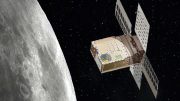

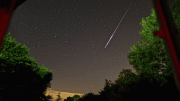
Be the first to comment on "Primordial Beginnings: How Soda Lakes May Have Cradled Early Life"